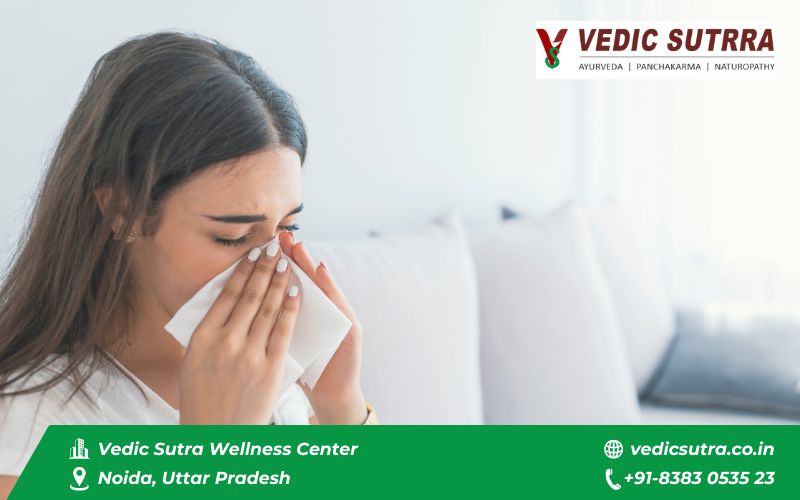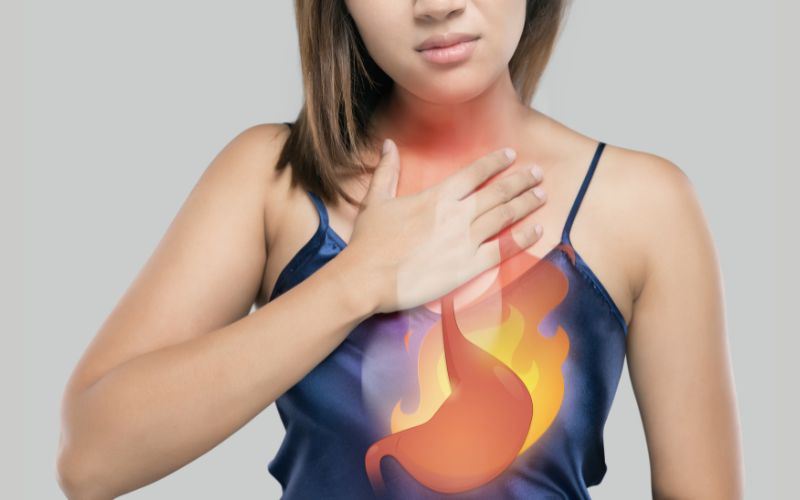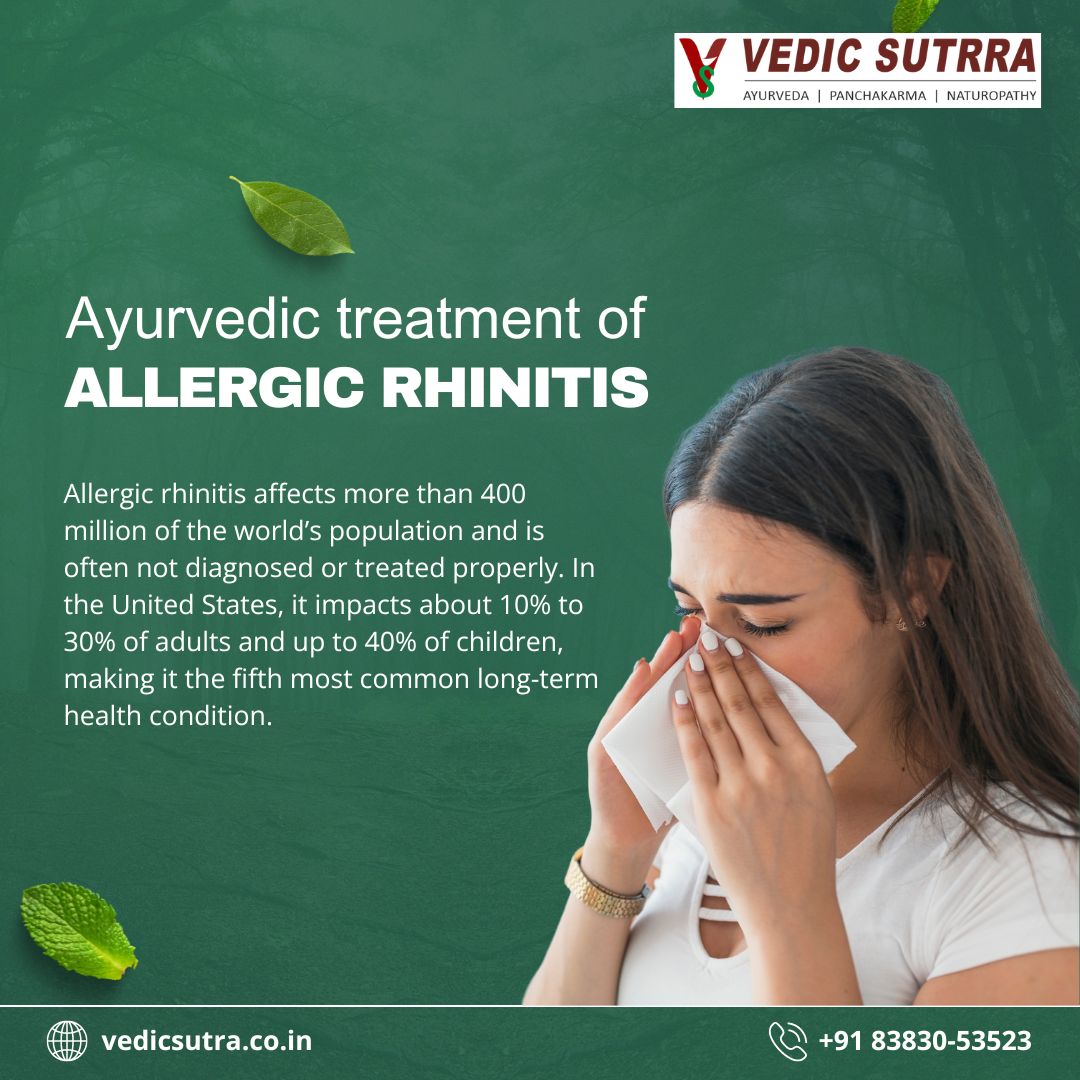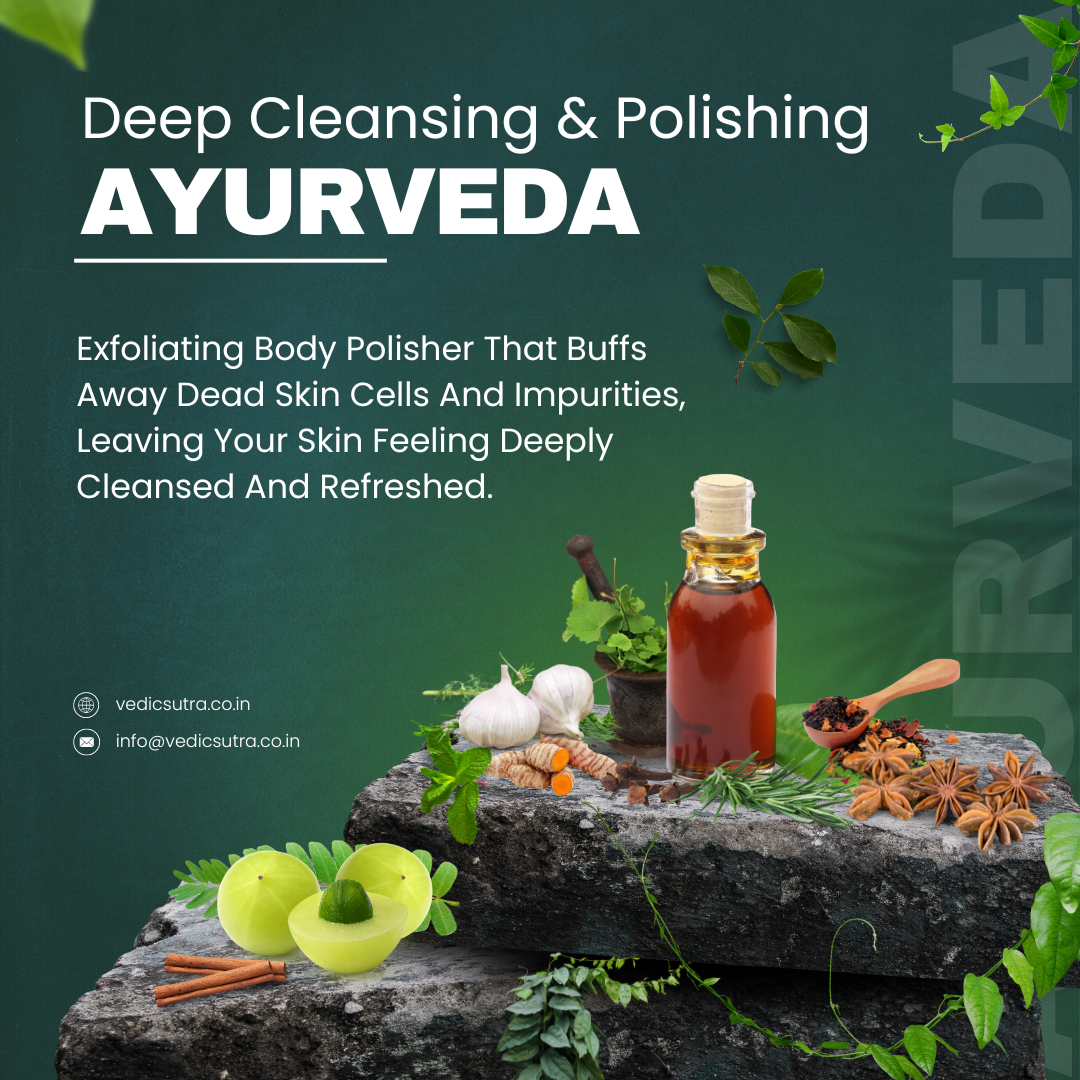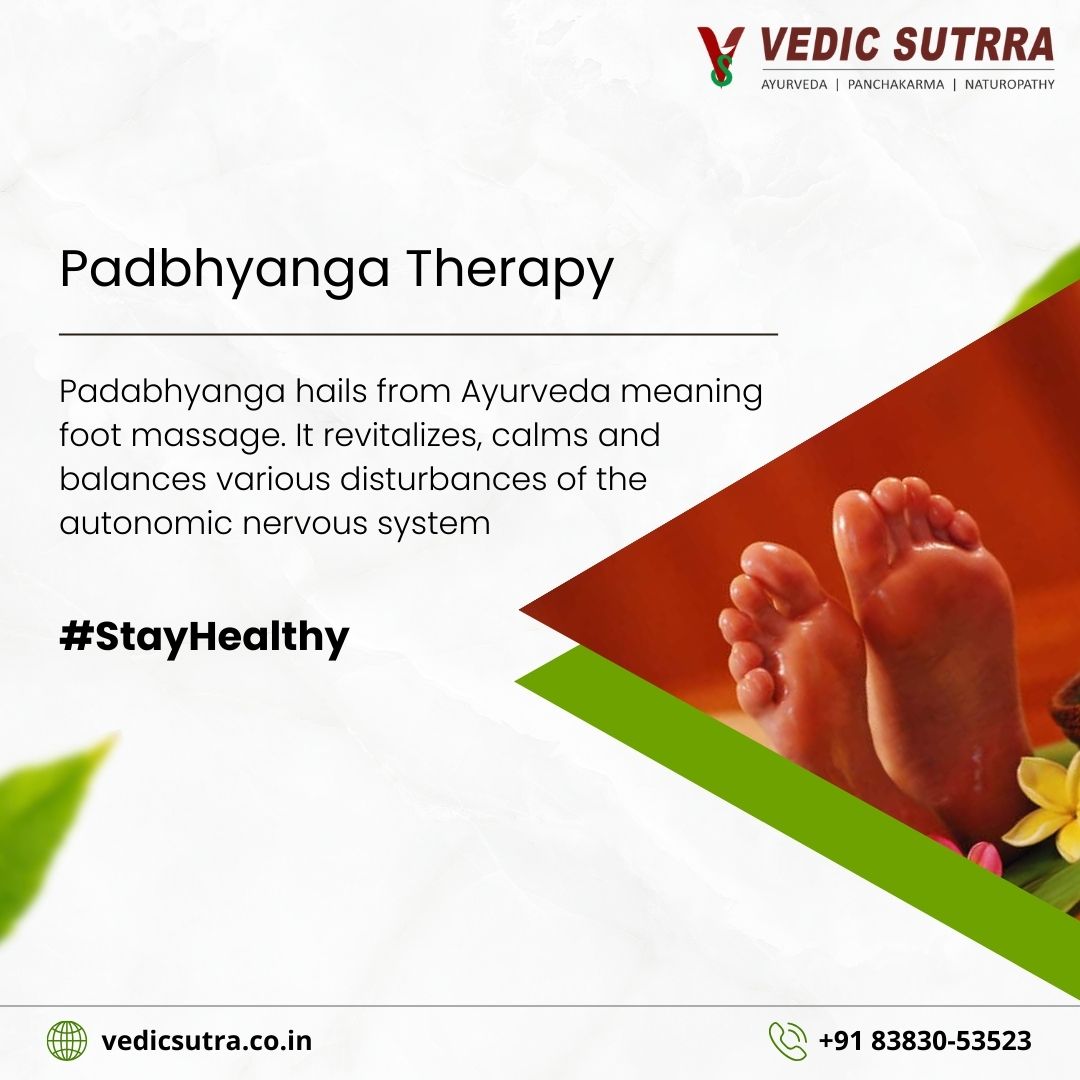Experience True Wellness with Panchakarma
The Ancient Ayurvedic Rejuvenation Therapy

Are you feeling drained, stressed, or out of balance?
Look no further than Panchakarma, the ancient Ayurvedic rejuvenation therapy, to restore your mind, body, and spirit to their natural states of wellness.
Panchakarma, meaning “five actions,” is a holistic detoxification and purification process that has been practised for centuries in India. This transformative therapy goes beyond simply treating symptoms; it addresses the root causes of imbalances and rejuvenates your entire being.
Through specialized techniques, herbal remedies, and dietary adjustments, Panchakarma removes toxins from your body, revitalizes your energy channels, and promotes deep healing from within.
Whether seeking relief from chronic ailments, looking to improve your overall well-being, or simply craving a reset, Panchakarma offers a profound and personalized experience that will leave you feeling refreshed, revitalized, and ready to embrace true wellness.
Understanding the Principles of Ayurveda
To truly appreciate the power of Panchakarma, it’s essential to understand the principles of Ayurveda, the ancient Indian system of medicine.
Ayurveda views each individual as a unique combination of three doshas: Vata, Pitta, and Kapha.
These doshas govern various bodily functions and mental attributes, and when they are in balance, we experience optimal health. However, imbalances in the doshas can lead to a range of health issues, both physical and emotional.
Panchakarma is based on the principles of Ayurveda and works by harmonizing the doshas, eliminating toxins, and restoring balance to the body and mind. It recognizes that true wellness is not just the absence of disease but a state of vibrant health and vitality.
The Five Stages of Panchakarma
Panchakarma consists of five stages or actions, each with its specific purpose and benefits. These stages work synergistically to cleanse the body, eliminate toxins, and rejuvenate the entire being. Let’s take a closer look at each stage:
- Preparation (Purvakarma): Before the actual detoxification process begins, it is crucial to prepare the body and mind for Panchakarma. This stage involves a series of therapies, including gentle massages and herbal treatments, to loosen the toxins and prepare them for elimination. It also includes dietary adjustments and lifestyle recommendations to enhance the effectiveness of the therapy.
- Detoxification (Pradhanakarma): The detoxification stage is the heart of Panchakarma. It involves the administration of specialized therapies, such as Vamana (therapeutic vomiting), Virechana (therapeutic purgation), and Basti (therapeutic enema), to remove toxins from the body. These therapies are carefully tailored to an individual’s dosh imbalances and specific health concerns.
- Elimination (Paschatkarma): After the toxins have been loosened and eliminated from the body, the elimination stage focuses on restoring balance and nourishing the body. This stage involves gentle therapies, herbal remedies, and rejuvenating practices to replenish the body’s vital energy and promote deep healing.
- Rejuvenation (Rasayana): The rejuvenation stage is all about replenishing and revitalizing the body, mind, and spirit. It includes therapies that strengthen the immune system, nourish the tissues, and promote longevity. This stage also emphasizes the importance of self-care practices, such as meditation, yoga, and pranayama, to further enhance the healing process.
- Maintenance (Samsarjana Krama): The final stage of Panchakarma is all about maintaining the newfound balance and vitality achieved through therapy. It involves following a personalized diet and lifestyle regimen, practising self-care, and periodically undergoing Panchakarma to prevent future imbalances and maintain optimal health.
Top 5 Benefits of Panchakarma
Panchakarma offers a wide range of benefits that go beyond merely detoxifying the body. Here are some of the key benefits you can experience through this ancient Ayurvedic therapy:
- Deep Detoxification: Panchakarma is highly effective in eliminating accumulated toxins from the body, including heavy metals, environmental pollutants, and metabolic waste. By removing these toxins, Panchakarma helps to improve digestion, boost immunity, and enhance overall vitality.
- Balancing the Doshas: Panchakarma works by bringing the doshas back into balance, which is crucial for maintaining optimal health and preventing diseases. By targeting the root cause of imbalances, Panchakarma offers long-lasting results and helps to address a wide range of health concerns, including chronic ailments.
- Stress Relief and Emotional Well-being: Panchakarma not only detoxifies the physical body but also has a profound impact on the mind and emotions. The therapies used in Panchakarma promote relaxation, reduce stress, and enhance mental clarity. This therapy can also help to alleviate anxiety, depression, and other emotional imbalances.
- Revitalized Energy Channels: Panchakarma focuses on clearing blockages in the energy channels (nadis) of the body, allowing the vital energy (prana) to flow freely. This leads to improved energy levels, better sleep, and enhanced overall vitality.
- Anti-ageing and Rejuvenation: Panchakarma’s rejuvenation stage (Rasayana) promotes cellular regeneration, strengthens the tissues, and slows down the aging process. This therapy can help to improve skin health, enhance cognitive function, and promote longevity.
Preparing for Panchakarma
Before embarking on your Panchakarma journey, it’s essential to prepare your body and mind for the therapy. Here are some key steps to consider:
- Consultation with an Ayurvedic Practitioner: Seek guidance from a Qualified Ayurvedic practitioner who can assess your unique constitution (Prakriti), doshic imbalances, and specific health concerns. They will create a personalized Panchakarma plan tailored to your needs.
- Dietary Adjustments: Follow a balanced and sattvic diet in the weeks leading up to Panchakarma. This includes consuming fresh, organic fruits and vegetables, whole grains, and light, easily digestible meals. Avoid processed foods, heavy meats, and excessive spices.
- Eliminate Toxins: Reduce or eliminate the consumption of alcohol, caffeine, and nicotine. These substances can interfere with the detoxification process and hinder the effectiveness of Panchakarma.
- Prepare Your Environment: Create a calm and peaceful environment at home to support the healing process. Declutter your living space, incorporate soothing colors, and create a dedicated space for relaxation and meditation.
- Mental Preparation: Cultivate a positive mindset and prepare yourself mentally for the transformative journey ahead. Set clear intentions for your Panchakarma experience and embrace the opportunity for deep healing and rejuvenation.
The Panchakarma Treatment Process
Once you are adequately prepared, you can begin your Panchakarma treatment. Here is an overview of what you can expect during the therapy:
- Initial Assessment: The Ayurvedic doctor will conduct a detailed assessment, including pulse diagnosis (nadi pariksha) and examination of the tongue, eyes, and skin. This assessment helps to determine your doshic imbalances and customize the treatment accordingly.
- Daily Therapies: Panchakarma typically involves a series of daily therapies that last for a specific duration, usually ranging from 7 to 21 days. These therapies may include specialized massages, herbal steam baths, nasal administration of medicated oils (Nasya), and more. The treatments are gentle, soothing, and tailored to your unique needs.
- Herbal Remedies: Along with the therapies, your Ayurvedic practitioner may prescribe herbal remedies to support the detoxification and rejuvenation process. These remedies help to strengthen the body’s tissues, balance the doshas, and promote overall well-being.
- Diet and Lifestyle Recommendations: Your practitioner will provide you with a personalized diet and lifestyle recommendations to follow during and after Panchakarma. These recommendations may include dietary modifications, exercise routines, self-care practices, and herbal supplements to support your healing journey.
- Periodic Assessments: Throughout the Panchakarma treatment, your progress will be regularly monitored and assessed. Adjustments may be made to therapies, herbal remedies, or diet recommendations based on your body’s response and evolving needs.
Common Therapies Used in Panchakarma
Panchakarma utilizes a variety of specialized therapies to cleanse the body, balance the doshas, and promote rejuvenation. Here are some of the most commonly used therapies:
- Abhyanga: This is a full-body massage performed with warm herbal oils. Abhyanga helps to relax the muscles, improve circulation, and remove toxins from the body.
- Shirodhara: In this therapy, a continuous stream of warm herbal oil is poured over the forehead, targeting the third eye (ajna chakra). Shirodhara promotes deep relaxation, calms the mind, and balances the nervous system.
- Swedana: Swedana involves herbal steam therapy, where the body is exposed to steam generated from medicated herbal decoctions. This therapy helps to open up the pores, eliminate toxins through sweating, and relax the muscles.
- Pinda Sweda: Pinda Sweda is a therapeutic massage performed using herbal poultices filled with medicinal herbs and rice. This therapy helps to relieve pain, reduce inflammation, and nourish the tissues.
- Basti: Basti involves the administration of medicated enemas to eliminate toxins from the colon. This therapy is highly effective in balancing the Vata dosha and promoting digestive health.
Panchakarma Diet and Lifestyle Recommendations
Along with the therapies, a balanced diet and lifestyle are crucial for the success of Panchakarma and maintaining long-term wellness. Here are some general recommendations:
- Diet: Follow a sattvic diet, which includes fresh fruits, vegetables, whole grains, legumes, nuts, and seeds. Avoid processed foods, refined sugars, excessive spices, and heavy meats. Favor warm, nourishing meals and drink plenty of warm water throughout the day.
- Hydration: Stay well-hydrated by consuming warm water, herbal teas, and nourishing soups. Adequate hydration supports the detoxification process and helps to flush out toxins from the body.
- Sleep: Prioritize quality sleep and aim for 7-8 hours of uninterrupted rest each night. Create a calming bedtime routine, avoid electronic devices before bed, and create a comfortable sleep environment.
- Exercise: Engage in gentle, rejuvenating exercises such as yoga, walking, and swimming. Avoid strenuous workouts or excessive physical activity during Panchakarma, as it may interfere with the healing process.
- Self-care: Practice daily self-care rituals such as oil massage (abhyanga), dry brushing (garshana), and meditation. These practices help to promote relaxation, reduce stress, and enhance overall well-being.
Finding a Qualified Panchakarma Practitioner
To ensure a safe and effective Panchakarma experience, it’s essential to find a qualified Ayurvedic practitioner. Here are some tips for finding the right practitioner:
- Credentials: Look for practitioners who have completed formal education in Ayurvedic medicine from a reputable institution. They should have the necessary certifications and licenses to practice Ayurveda.
- Experience: Choose a practitioner with significant experience in administering Panchakarma therapies. Ideally, they should have a track record of successfully treating individuals with similar health concerns as yours.
- Reviews and Testimonials: Read reviews and testimonials from previous clients to gauge the practitioner’s reputation and the effectiveness of their treatments.
- Personal Connection: Trust your instincts and choose a practitioner with whom you feel comfortable and supported. The relationship between you and your practitioner is essential for a successful healing journey.
Conclusion
Embarking on a Panchakarma journey is a profound and transformative experience that can help you achieve true wellness on all levels – physical, mental, and spiritual.
By addressing the root causes of imbalances and promoting deep healing, Panchakarma offers a personalized approach to health and rejuvenation.
Embrace the power of Panchakarma today and experience the true essence of wellness.

